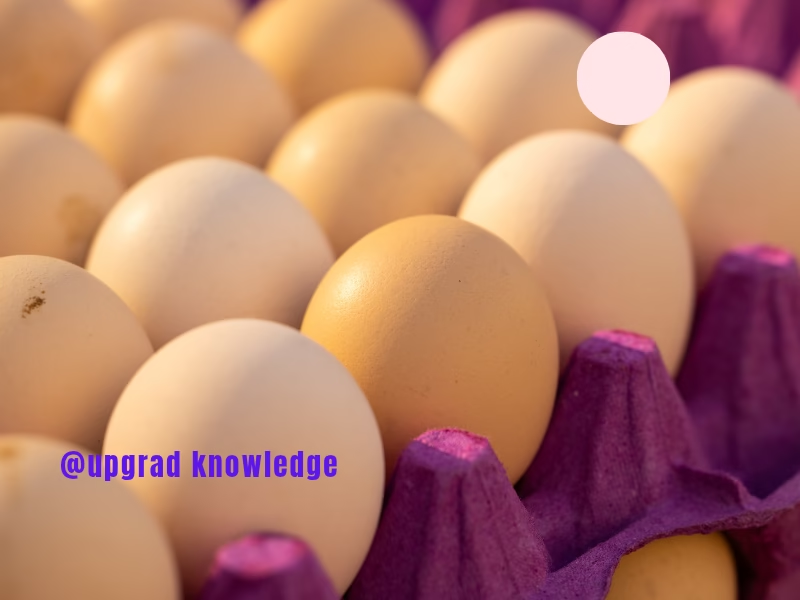Have you ever wondered why the body’s weakness, hair loss, brittle nails or damaged skin occur? Often we look for solutions to these problems in medicines, but the truth is that a major reason behind all of them may be protein deficiency. Protein is the nutrient without which our body cannot function properly.
That is why the question arises: Problems caused by protein deficiency: Does your body also need protein? You can fulfill this deficiency by eating these things.
Table of Contents
Importance of protein
Routine is extremely important for our body. Protein is called the “building block” of the body.It is included in our muscles, bones, hair, skin, blood and even hormones. If the body does not get the right amount of protein, the risk of weakness and diseases increases.
Important functions of protein:
- Keeping muscles strong
- Healing wounds quickly
- Strengthening hair and nails
- Preparing hormones and enzymes
- Maintaining physical energy
Problems caused by protein deficiency
Problems caused by Protein deficiency If your diet is low in protein, you will see many changes in your body.
1. Hair loss and brittle nails
Protein is essential for making hair and nails. Due to deficiency, they become weak and brittle.
2. Constant weakness and fatigue
When there is a lack of protein, the body feels a lack of energy, and fatigue starts to bother you after doing a little work.
3. Muscle wasting
In the absence of protein, the body breaks down muscles to meet its needs for energy, which weakens the muscles.
4. Weakening of the immune system
Protein helps in the production of antibodies. Its deficiency can cause frequent fever, colds or infections.
5. Skin diseases
Deficiency of protein can make the skin dry, rough or flaky.
All these symptoms are signs that your body is in dire need of protein.
How much protein do you need?
Generally, a healthy adult needs 0.8 to 1 gram of protein per kilogram of their body weight daily.
For example, if someone weighs 60 kg, they need to take about 60 grams of protein daily.
Make up for protein deficiency by eating these things.
Now the question is, how to make up for protein deficiency if there is a protein deficiency? Fortunately, it is abundant in natural foods.
1. Eggs

2. Milk and yogurt
Milk, yogurt and cheese contain protein as well as calcium, which strengthens bones.
3. Meat and fish
Chicken, goat meat and fish also provide protein as well as iron and vitamin B12.
4. Pulses and chickpeas
Pulses, beans and chickpeas are the best protein alternatives for vegetarians.
5. Dry fruits and seeds
Almonds, walnuts, pumpkin seeds and sunflower seeds not only provide protein but also provide healthy fats.
6. Soybeans
Soy protein is a great option for vegetarians.
By including all these foods in your daily diet, you can easily meet your protein deficiency.
Be careful with excess protein
Problems caused by Protein deficiency Remember that protein is essential, but eating too much protein can increase the burden on the kidneys. To eat in balanced quantities.
Result
Finally, the same question again: Problems caused by protein deficiency Does your body also need protein? You can fulfill this deficiency by eating these things.If you have problems like hair loss, fatigue, or weakness, it could be a sign of protein deficiency. Include eggs, milk, pulses, and meat in your daily diet. If you want to have more energy, this will help you achieve it.
Remember, a healthy body is the guarantee of a happy life.
FAQs
What is the most common sign of protein deficiency?
Constant fatigue, muscle weakness, and excessive hair loss are major symptoms of protein deficiency.
Can vegetarians fulfill protein deficiency?
Yes, pulses, beans, chickpeas, soybeans, and dry fruits are excellent sources for vegetarians.
Why is protein important for children?
Protein plays a fundamental role in children’s growth, bone strength, and brain development.
Is it necessary to take protein supplements?
If your diet is getting enough protein from natural sources, then supplements are not needed, and should only be taken in special cases under the advice of a doctor.
How much protein should be taken daily?
On average, it is necessary to take 0.8 to 1 gram of protein per kilogram of body weight.

